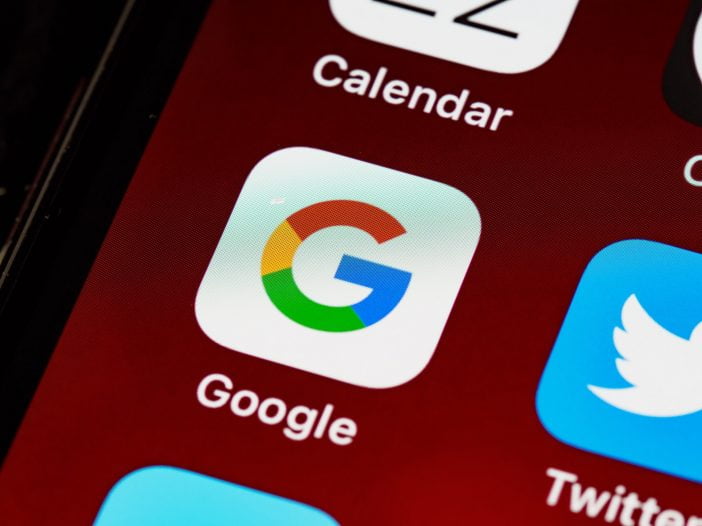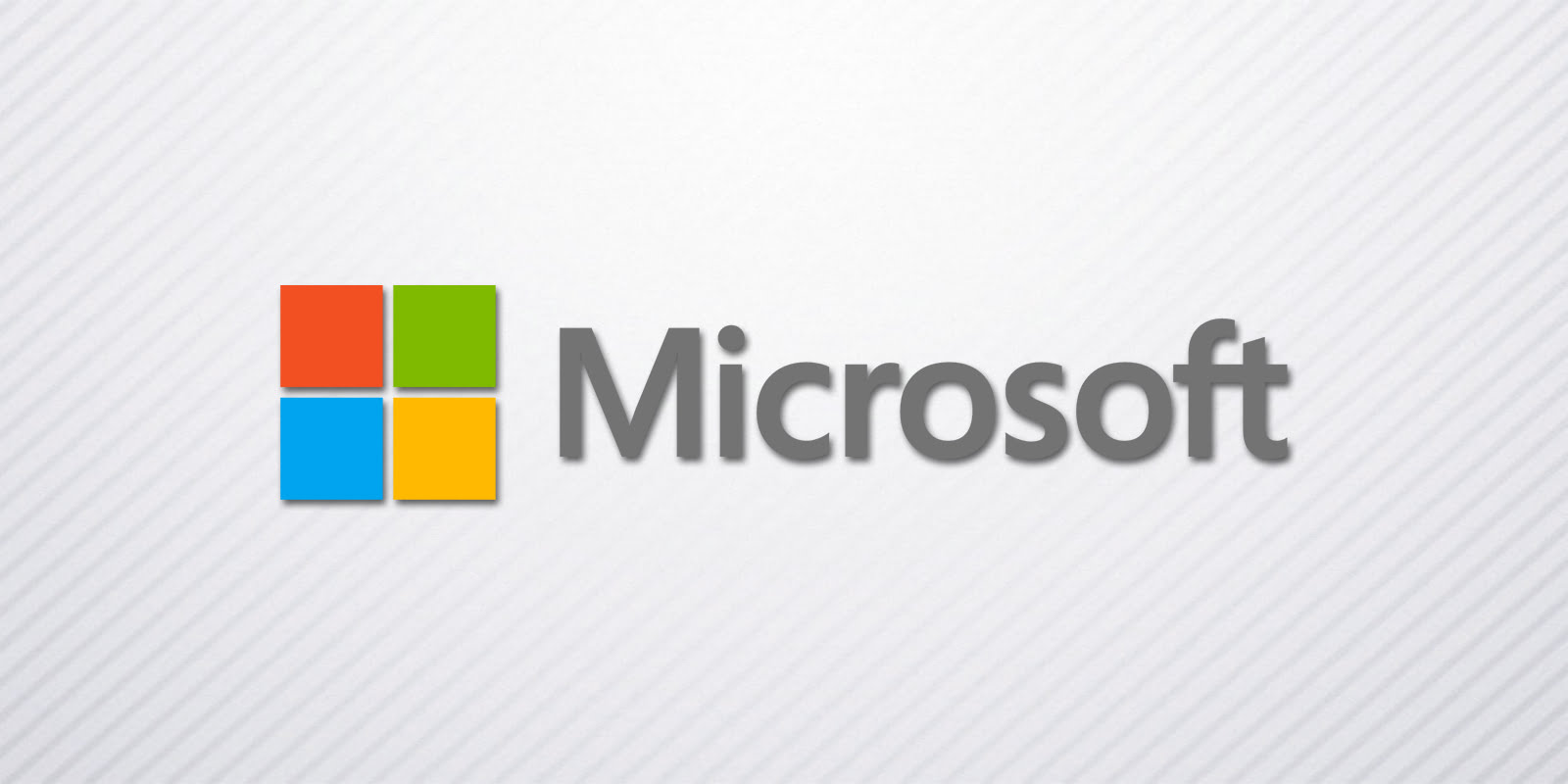Google’s search engine has been dominant for as long as most people remember. The technology company achieved the ultimate goal and received the ultimate compliment when their brand name became a verb – and not locally, but globally.
In recent years, their market share of search engine use has been roughly three-quarters worldwide, with that fraction closer to nine-tenths in the United States. Bing, Yahoo, Baidu, among others, are all seasoned competitors who have struggled to chip away at Google’s share. However, Apple might be developing a search engine for a few important reasons, not just for the competition itself. Could it rival Google?
The search engine landscape

It isn’t easy to quantify quite how much the search engine has changed over the past two decades. All industries are now operating within a landscape that has seemingly reached full capacity.
Consider a generic search term for a generic product, such as headphones. The results page gives us direct insight into the extreme competition between countless brands every day.
Similarly, consider one of the most competitive industries operating solely within the digital landscape, such as the online casino. The sheer scope of a single search, and the number of competitors that step into the ring each time it is searched, is staggering.
Apple and Google’s deal
Google has had a deal with Apple for a number of years now. In 2014, Google paid $1 billion, so it would be the go-to, default search engine for Apple’s Safari on their iPhone, iPad, and other products. Since then, that price has gradually increased. Estimates suggest the price is closer to $3 billion now. This is nearly all profit. An analyst for Bernstein guessed that the most recent figure could account for 5% of Apple’s total operating costs for the year and 25% of total company OP growth over the last two years. This is important money for Apple.
EU and US regulators and antitrust authorities have started to scrutinize the deal. They argue it limits access to the market for other companies, giving Google a significant advantage in holding onto their dominant position simply because they can afford to fund such a deal. US regulators have hinted they could cancel the deal. While it does allow other search engine companies to have fairer access, it doesn’t necessarily mean Google’s market share lessens a significant amount – there’s just the potential for it. What it might mean is that Google is searched for on other search engines more often, rather than googled.
Has Apple been playing the long game?
This does mean for Apple that there is a decision to make: defend its deal with Google or develop its own search engine. It might have been a decision they made before they had to make it. There have been suggestions that this is where Apple has been heading all along. On the latest software update, iOS 14, users have been able to search for things via their home screen or by using the ‘lookup’ option after highlighting a word or phrase which would use Apple’s Spotlight search. This means that with each search, there won’t be a third-party, like Google, mediating the search and displaying a link to the answer that. It is all Apple.
Additionally, in 2018, Apple hired the man who had been running Google’s search engine for eight years, John Giannandrea. His job role now is Vice President of Machine Learning and Artificial Intelligence Strategy. At that time, Apple’s AI research and its digital assistant Siri were seen as inferior to Amazon’s Alexa and Google’s assistant.
Hiring Giannendrea was a big coup for the company, as he would help develop their AI branch and bring years of experience in innovating and developing search engines. Recent job adverts have also suggested a focus on this area. Attracting applicant developers who want to help define their search technology.
Apple’s secrecy
Apple is known for its secrecy. While they can’t hide acquiring high-profile employees, they do a good job of keeping projects and products under wraps. They announce what they want, when they want, at their various events – like the most recent one where they debuted their MacBook Air, which uses their new M1 chip. Subtle changes ushered in by software updates could be the approach Apple takes over the next few product cycles, but with 5G coming onto the market, it might not be long until the Silicon Valley giants make a move.




Share Your Thoughts